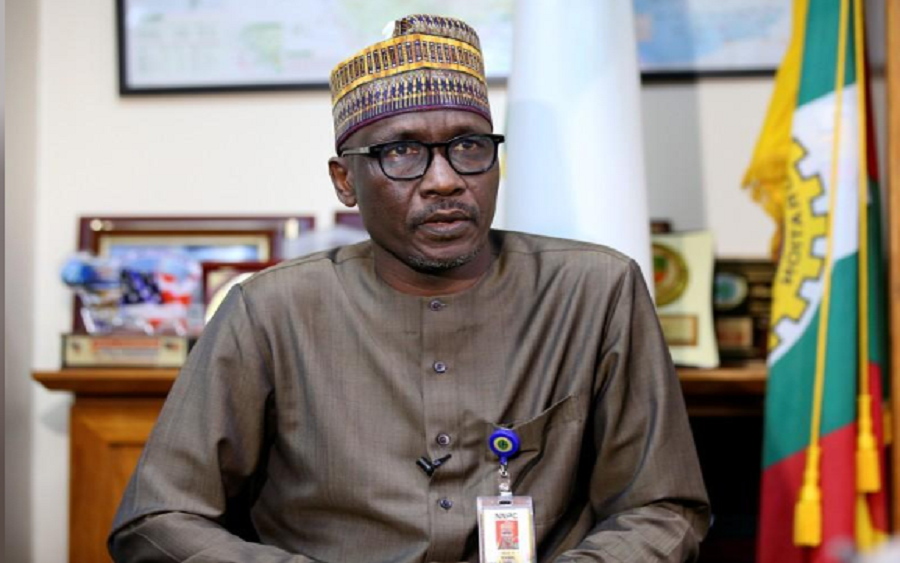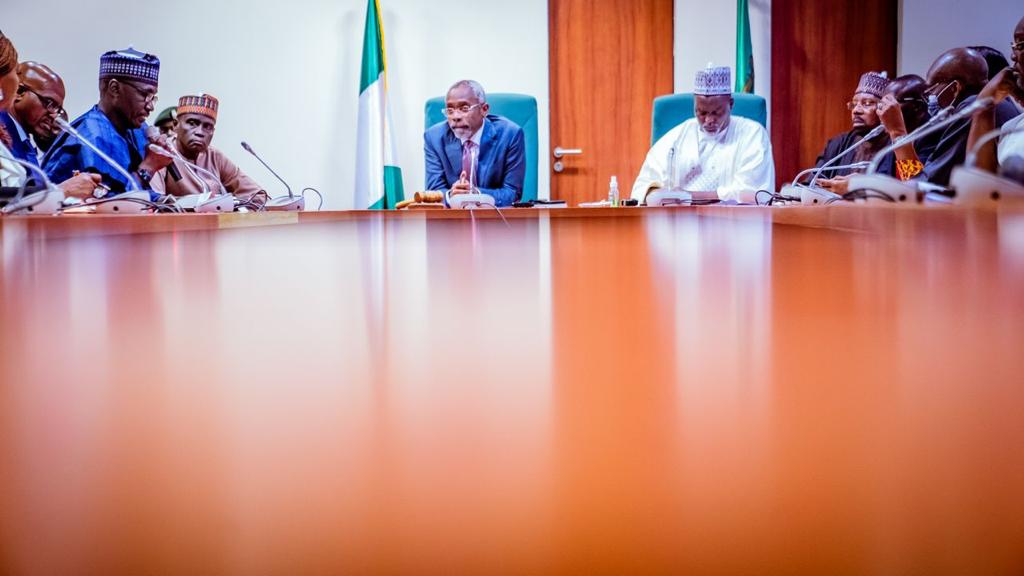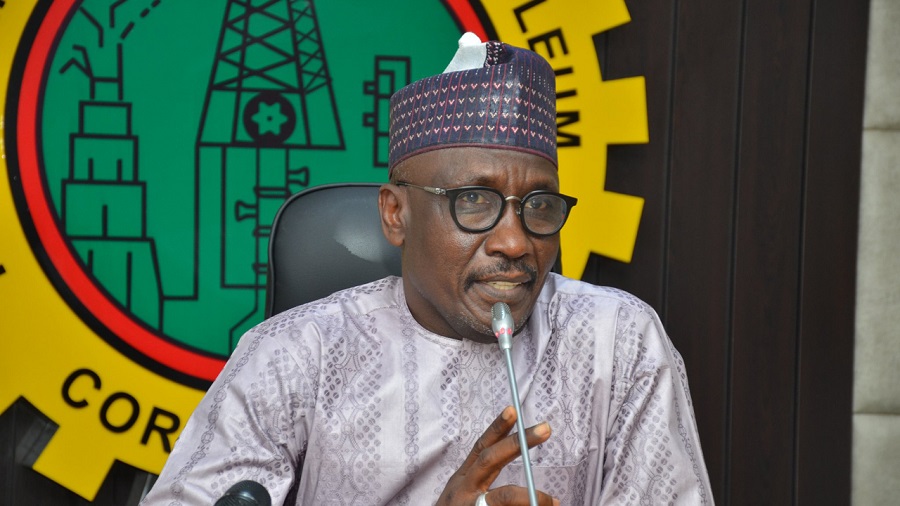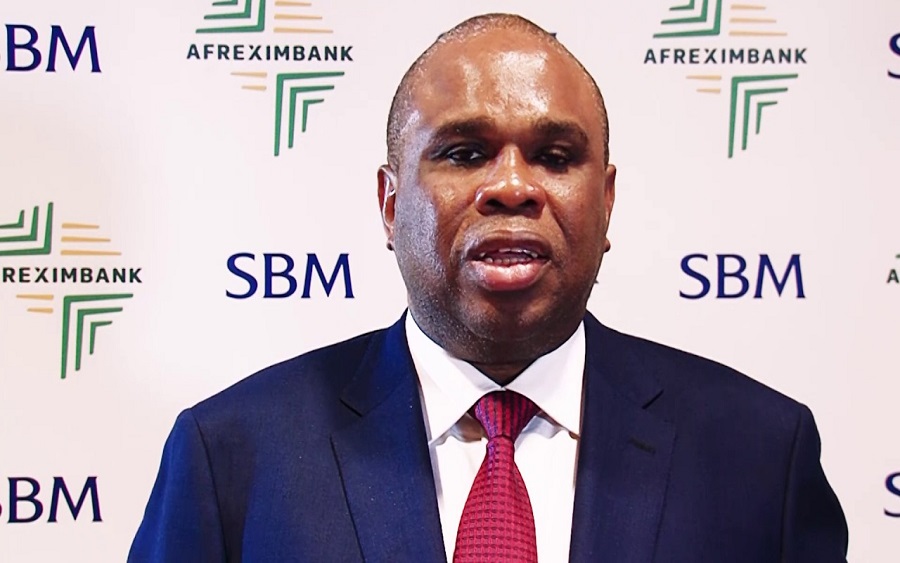After several meetings, the shareholders of the Nigeria LNG Limited have given their nods for the company to proceed with its Train 7 project.
The Train 7 project, which has been delayed for over 10 years, aims to increase the company’s production capacity from 22 metric tonnes per annum to about 30 MTPA, and will form part of the investment of over $10billion, including the upstream scope of the LNG value chain.
The NLNG is jointly owned by the Federal Government, represented by the Nigerian National Petroleum Corporation (49%), and three international oil companies, namely Shell (25.6%), Total (15%) and Eni (10.4%).
What it means: The decision allows the expansion to increase the capacity of NLNG’s six-train plant from the extant 22 Million Tonnes Per Annum (MTPA) to 30 MTPA. This is with the award of contracts for the engineering, procurement and construction activities to follow the closure of bank and Export Credit Agency (ECA) financing, and the finalization of some key supporting commercial agreements expected in early 2020. The actualisation of the Train 7 Project comes as NLNG celebrates 30 years of its incorporation and 20 years of safe and reliable operations since exporting its first LNG cargo in 1999.
The Group Managing Director, NNPC, Mele Kyari, said, “We have decided to proceed with Train 7 project today. It is an important day. It is a show of confidence that investors can put money into this project.”
In a statement issued by the company and obtained by Nairametrics, Managing Director, NLNG, Tony Attah, noted that the company had been bringing huge values to Nigeria through taxes and dividends.
He said, “Train 7 is the crux of a growth agenda which will ensure the Company’s position as the 5th major supplier of global LNG is maintained, increasing value to its shareholders and other stakeholders, as well as further reducing the gas that would otherwise have been flared, in fulfillment of its vision of ‘being a global company, helping to build a better Nigeria.”
According to him, over 12, 000 jobs would be created during the peak of construction, trade and commercial activities within the Niger Delta region equally receiving a boost as a result. “The Project will also support the development of local engineering and fabrication capacity in the country. Other opportunities for local content include procurement, logistics, equipment leasing, insurance, hotels, office supplies, aviation, haulage, and many more.”
The Company further remarked that the Project upon completion will support the Federal Government’s drive to diversify its revenue portfolio and generate more revenue from Nigeria’s proven gas reserves of about 200 Trillion Cubic Feet (Tcf). The construction period after FID will last approximately five years with first LNG rundown expected in 2024.
Meanwhile, Nairametrics had reported the series of delay the much-awaited investment decision.
A series of delays: For the past 10 years, the final investment decision on Train 7 project has been delayed. The decision was also expected to be finalised in October, according to Nigeria LNG’s Chief Executive Officer, Tony Attah, but it was never concluded.
Also, the Group Managing Director, NNPC, Kyari, disclosed last month that the final decision would be taken this month, yet, the December meeting ended without an agreement.
But reacting to the setback and delay of the project, The Nigeria LNG Manager, Corporate Communication and Public Affairs, Sophia Horsfall said, “The NLNG remains fully committed to realising the Train 7 project which is expected to increase its production capacity by 35% as well as boost its competitive edge in the global LNG market.
“As part of activities leading to the Final Investment Decision, the NLNG recently signed Gas Supply Agreements with its gas suppliers. Other activities leading to achieving FID are in progress,” Horsfall said




















